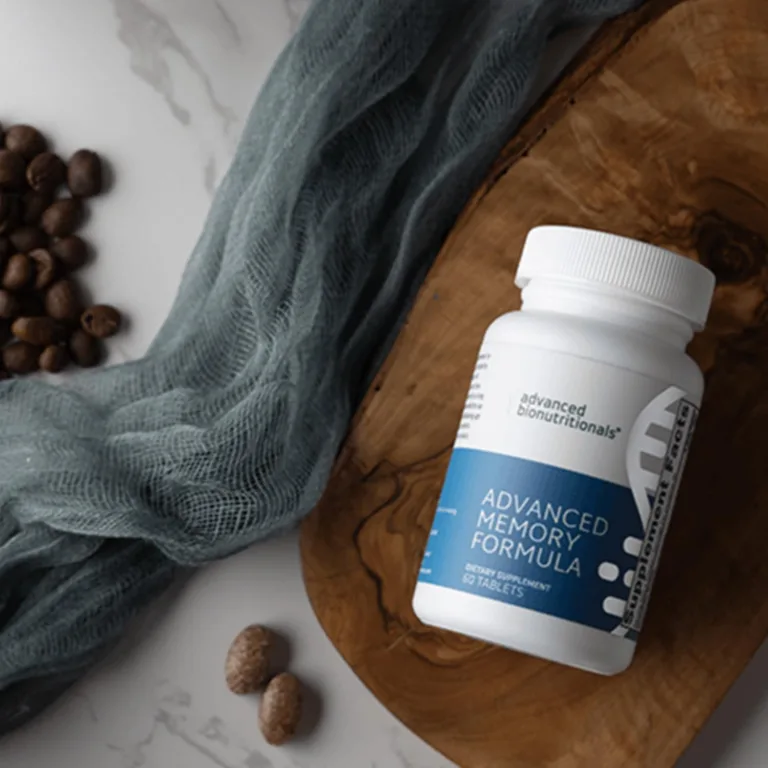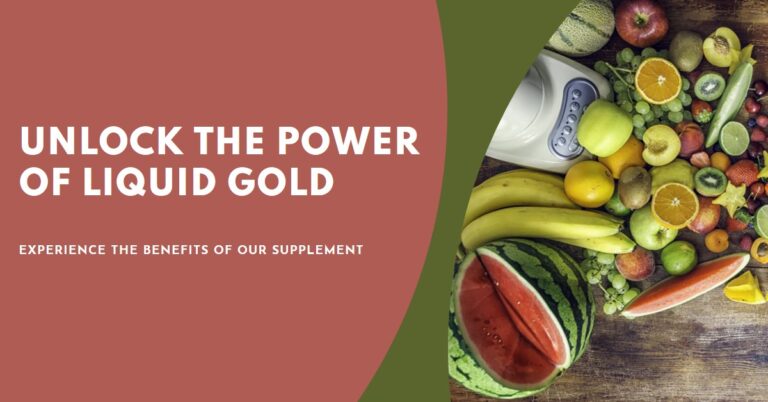Best Nutrition for Skin in 2023
Everyone wants to have beautiful, healthy skin. But did you know that nutrition plays a big role in skin health? In this blog post, we’re going to talk about the connection between nutrition and skin health. We’ll cover topics like the functions of the skin, common skin problems, and which nutrients are most important for healthy skin. We’ll even give you some tips on how to get glowing skin. By the end of this post, you should have a good understanding of the role nutrition plays in skin health.

The Skin and Its Functions
The skin is the body’s largest organ and it plays an important role in protecting us from the environment and from other people. The skin also helps to regulate our body temperature, absorb nutrients, protect us against injury, and produce natural oils.
Here are some of the functions of the skin:
- It protects against the environment.
- It helps to regulate body temperature.
- It absorbs nutrients from food and water.
- It guards against injuries.
- It produces natural oils that help to moisturize the skin.
The skin is made up of cells that are organized into layers. The topmost layer is the epidermis, which is made up of many cell types and contains oil glands. The next layer down is the dermis, which contains more fibroblasts and less oil glands. Beneath these two layers are the subcutaneous tissue and the muscle layer.
The skin has a number of different cell types, including melanocytes, neutrophils, macrophages, lymphocytes, and keratinocytes. These cells play an important role in protecting the skin against infection and damage.
One of the main functions of the skin cells is to produce natural oils. Keratinocytes secrete a protein called keratin which forms a protective cap over each hair follicle. Other cell types such as melanocytes produce pigment granules that give our skin its coloration.
Common Skin Problems
One of the most common skin problems is acne. Acne is a condition that causes spots on the skin, and it can be very frustrating to deal with. It can be caused by a number of different factors, but the two most common ones are genetics and hormones.
Dry skin is also one of the most common skin problems. Dry skin is often associated with age, but it can also happen if you don’t get enough nutrients in your diet. Both acne and dry skin are caused by a lack of moisture in the skin. There are a few things that you can do to combat these issues:
- Eat a healthy, balanced diet full of vitamins, minerals, and antioxidants.
- Supplement your diet with specific nutrients that are good for the skin, like vitamin C, omega-3 fatty acids, or antioxidants.
- Use topical treatments (such as creams or lotions) to help restore moisture to the skin.
Another common skin problem is eczema. Eczema is a condition that causes itchy, red, blistering skin. It can be caused by a number of different things, but the two most common ones are environmental factors (like allergens) and stress.
Also, one of the most common skin problems is psoriasis. Psoriasis is a condition that causes patches of red, scaly skin. It can be very frustrating to deal with because it doesn’t always respond well to conventional treatments like topical creams or lotions.
The Role of Nutrition in Skin Health
The skin is the largest organ in the human body and it needs proper nourishment to function optimally. Foods that are good for the skin include water, fruits and vegetables (especially those with high water content such as cucumbers and tomatoes), omega-3 fatty acids (found in fish, nuts, and seeds), tea (both green and black teas contain antioxidants that benefit the skin), soy (a source of phytoestrogens that can improve collagen production and elasticity), and healthy fats. It is important to note that while all of these foods are important, some are more beneficial than others when it comes to promoting skin health.
For example, olive oil has been shown to be effective at reducing wrinkles, since it helps to promote tissue regeneration. Additionally, cruciferous vegetables like kale and broccoli are excellent sources of vitamins A and C which play a role in protecting the skin from damage. Fruits also provide essential nutrients such as vitamin E which helps protect against environmental stressors like sun exposure. Finally, whey protein is an excellent source of amino acids which help rebuild damaged cells on the surface of the skin.
So, whether you’re looking to prevent problems like acne or just want your skin to look its best overall – incorporating a variety of good quality foods into your diet is a great way to start!
Which Nutrients Are Most Important for Healthy Skin?
When it comes to keeping our skin healthy, we need to make sure that we are getting the right nutrients. The four nutrients most essential for healthy skin are Vitamin A, C, E, and selenium. They all play a role in maintaining cell structure and function, scavenging free radicals, reducing inflammation, and boosting immunity.
We can get these nutrients from diet or supplements. It is best to consult with a dermatologist or other skincare professional to determine which nutrient deficiency may be causing skin problems. However, even if you don’t have specific concerns about your skin health you should still aim to include these key nutrients in your diet as they are important for overall health.
A lack of one or more of these nutrients can lead to skin problems. For example, a lack of Vitamin A can cause dryness and inflammation. A deficiency in C can lead to wrinkles and age spots. Selenium is important for restoring the skin’s natural defenses against bacteria and fungus.
If you are having trouble finding enough of any one of these nutrients in your diet, consider taking a multivitamin or supplements as they will likely include some form of each nutrient. In addition to eating a healthy diet, make sure to wear sunscreen every day, use gentle facial scrubs twice a week, and avoid using harsh soaps on your face. Supplementing with specific vitamins or minerals may also be helpful if you have specific concerns about your skin health.
How Can I Get Glowing Skin?
There are many different ways to get glowing skin, and there is no one-size-fits-all approach. However, there are some general tips that can help you achieve healthy skin.
The best foods for healthy skin include fruits and vegetables, whole grains, and low-fat dairy products. These foods provide essential vitamins and minerals that are necessary for a healthy complexion. Additionally, they contain anti-inflammatory nutrients that can help to reduce the appearance of acne and other skin conditions.
To make a DIY skin serum, mix together 1 tablespoon of jojoba oil or grapeseed oil with 2 tablespoons of water in a small container. Apply this mixture to your face morning and night after cleansing with warm water. Follow up with a moisturizer if desired. Jojoba oil has natural UV protection properties, while grapeseed oil is high in antioxidants and fatty acids which promote collagen production.
Face oils are another great way to promote healthy skin. They offer numerous benefits including improved hydration levels, better elasticity, increased luminosity, reduced wrinkles and age spots, increased collagen production, and improved barrier function against pollutants and allergens. To use an oil as a face treatment, apply it liberally to your hands first; then massage it into your face using gentle circular motions for 3–5 minutes before rinsing off thoroughly with cool water or showering off completely if you prefer. Some popular face oils include rosehip seed oil (high in vitamin E), shea butter (rich in antioxidants), apricot kernel oil (high in selenium), sunflower seed oil (rich in vitamin E & A), olive leaf extract (omega-6 essential fatty acids), grape seed extract (alpha-linolenic acid), evening primrose seed oil (omega-3 fatty acids), and argan tree nut concentrate ().
Sunscreen is also important for maintaining glowing skin! Make sure to purchase an SPF 30+ sunscreen because this level of protection offers the best shield against both UVA/UVB radiation damage leading to aging as well as cancer development. When applying sunscreen, apply generously to all exposed areas before leaving the house; reapply at least every two hours outdoors depending on wind speed; avoid spraying directly onto your face; avoid using sunscreens containing oxybenzone.
What Causes Wrinkles on Skin?
Wrinkles are a natural part of aging, but they can be minimized or eliminated with proper care. In this section, we will explore the different causes of wrinkles on skin, as well as the best ways to keep your skin healthy and nourished. We will also provide you with information about the best nutrition for optimal skin health, so that you can enjoy beautiful, glowing skin at any age!
There are many factors that can contribute to the appearance of wrinkles on skin. Some of the most common causes include:
1. Gravity – As we age, the natural gravity pulling on our skin causes collagen and elastin to decrease, which leads to sagging and wrinkles. Wrinkles can also be caused by repetitive stress injuries or other physical traumas.
2. Genetics – Some people are just more prone to developing wrinkles due to their genes. However, even if you have wrinkles due to your genetics, there is still hope! Many people find that using wrinkle correcting products and treatments help them achieve a more youthful appearance without surgery or Botox injections.
The main things you can do to keep your skin healthy as you age are:
1. Maintain a healthy diet – Eating a balanced and nutritious diet is essential for keeping your skin looking young and smooth. It’s important not only to eat plenty of nutrients such as protein, vitamins C and E, calcium, magnesium and zinc but also avoid eating too much processed foods or sugary drinks which can damage your skin over time. Aim for foods like fruits, vegetables, whole grains, legumes and nuts instead! A healthy diet will help reduce inflammation in the body which plays a significant role in aging effects such as wrinkling!
2. Exercise regularly – Exercise has been shown time again to be one of the best ways to promote overall health and wellbeing including reducing inflammation levels in the body (which helps with anti-aging efforts). Movement stimulates production of endorphins – those happy hormones that lead us feel good – everything from happiness down to pain relief! So, exercise not only looks great on paper but it has numerous benefits for both mind AND body! Just make sure you’re exercising within your comfort zone; pushing yourself too hard might actually cause further damage down the line!).
Can Diet Help Improve My Skin Condition?
A healthy diet is key for overall health and can help improve various skin conditions. Some specific foods are known to be beneficial for certain skin problems, such as acne, eczema, and psoriasis.
Antioxidant-rich foods may help protect the skin from damage caused by ultraviolet (UV) radiation from the sun. Omega-3 fatty acids might also help reduce inflammation associated with some types of skin conditions, such as psoriasis. In addition, a balanced diet will provide all the nutrients your body needs to function properly and support optimum health.
There are a variety of foods that are beneficial for skin health, and it’s important to keep an eye on the overall diet in order to get the most benefit. Some good choices for dietary antioxidants include fruits, vegetables, grains, legumes, nuts, and seeds. Omega-3 fatty acids can be found in oily fish such as salmon or mackerels and in supplements. A balanced diet should also provide all the nutrients your body needs to function properly and support optimum health.
Foods For Healthier Skin
Looking for foods that can help improve your skin health? Check out these five fabulous options!
Nuts like almonds and walnuts are packed with vitamin E, which can help reduce inflammation. Fish like salmon and mackerel are good for your complexion because they contain omega-3 fatty acids, which have anti-inflammatory properties. Fruits and vegetables like tomatoes, carrots, sweet potatoes, oranges, and dark leafy greens are loaded with nutrients like beta carotene and vitamins A and C that can help keep skin looking its best. Avocados are another food that’s great for your skin – they contain healthy fats that can help hydrate and nourish your complexion. Finally, water is essential for keeping skin cells hydrated and helps flush out toxins that can cause skin problems. So, give one or more of these foods a try to see how they can benefit your skin!
If you’re looking for a healthy skin diet that includes plenty of antioxidants, fruits and vegetables, good fats, and water, then it’s time to start incorporating these foods into your everyday routine. Here are five delicious recipes that will help make this happen:
Tomato Avocado Salad: Combine diced tomatoes with creamy avocado slices in a fresh salad for a tasty and nutritious meal.
Salmon with roasted sweet potatoes and kale: This dish is perfect for those looking for something filling but light. Sweet potatoes add sweetness while kale provides nutrients and antioxidants.
Roasted Brussels Sprouts with Maple Syrup: Brussels sprouts are a cruciferous vegetable rich in vitamins A, C, K, B6, potassium, magnesium, and phosphorus. They are also high in antioxidants like sulforaphane which can protect cells from damage. Roasting them concentrates their flavor while adding a little maple syrup transforms them into the perfect side dish!
Cauliflower Rice Pilaf with Sautéed Greens: This recipe is an easy way to get more fiber into your diet without having to compromise on taste or texture. Cauliflower rice is low calorie and has thickness similar to traditional grains so it doesn’t feel heavy when eaten as part of a meal. A simple sauté of greens completes this healthy pilaf dish!
Roasted Butternut Squash Soup with Sage Leaves: Butternut squash is one of the healthiest vegetables around – loaded with vitamins A, beta carotene, potassium, selenium, manganese, copper, vitamin K, folate, riboflavin, niacin, thiamine mononitrate, and vitamin B12. Combined with sage leaves, this soup becomes an even more luscious version sure to satisfy any appetite!
In Short
Having beautiful, healthy skin requires more than just using the right products. It starts with nutrition. What we put into our bodies shows on the outside. Eating a balanced diet full of vitamins, minerals, antioxidants, and healthy fats helps give our skin what it needs to stay strong and look its best.








